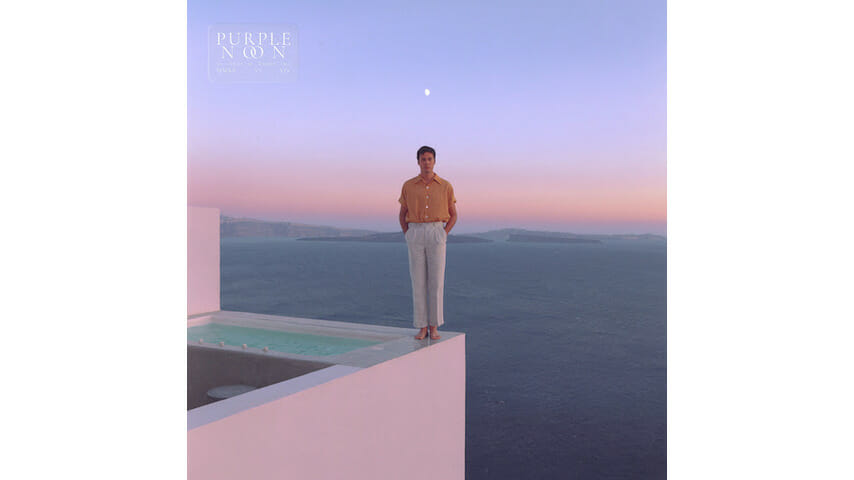Washed Out Tries to Keep the Chillwave Revolution Alive on Purple Noon
Ernest Greene's 5th LP is undeniably lush, but it pales in comparison to his best work

In 2011, a Paste writer prophesied that Washed Out would “still be around when ‘chillwave’ has gone the way of ‘dance-punk.’” Nine years later, that prediction has held pretty true. Listening to chillwave in 2020 is like listening to a disco record in 1988, or a peak britpop album in 2006—the vibes still land, but you can’t escape the sense that you’re gazing upon a relic from a fossilized era. Yet Ernest Greene, a.k.a Washed Out, who helped architect the genre’s blissed out, soft-focus echo of an aesthetic with 2009’s excellent Life of Leisure EP, is still here, still making records and writing for other artists, such as Sudan Archives.
Washed Out’s last album, Mister Mellow, deviated from his trademark style: It was his first outing for Stones Throw, and it merged his textured approach with the zonked-out, stoned hip-hop aesthetic that’s core to the label’s roster. Mister Mellow wasn’t a great album, but it was a pretty good one, and it would have been interesting to see Greene veer further down the path of sample-based grooves. Instead, Washed Out’s new album, Purple Noon, feels like a retreat to chillwave essentials. From the opening sighs of “Too Late”—icy synths and Balearic-inspired drum programming that hum to life like machinery flickering on—it’s an undeniably lush set of synth-pop come-ons, yet it fails to recapture the woozy euphoria of Washed Out’s best work.
What distinguishes the record from Washed Out’s previous ones are the vocals, which are clearer and more distinct, a departure from the genre’s typical preference for fuzzy, mutated voice layering. While making the record, Greene spent time listening to ’80s hitmakers like Sade and The Cars, which perhaps inspired a brighter, more forceful approach to vocal hooks, especially apparent on “Paralyzed” and the dub-inflected “Time to Walk Away.” Listen to a track on 2011’s Within and Without and then something from Purple Noon; it’s like seeing a blurry JPEG load into focus.
Indeed, it’s never been quite as easy to understand what Greene is singing, which proves to be a mixed blessing—both because the singer’s vocal range is too limited to facilitate a full synth-pop crossover, and because the lyrics are rarely compelling enough to warrant the spotlight. Mostly, Purple Noon consists of oddly passionless expressions of romantic passion: “My heart is burning up / Can never get enough / Think I’m addicted to your love,” Greene deadpans in “Paralyzed.” It’s a solid song, but a little too bloodless and inert to live up to its steamy, sensual video, which depicts an idyllic sexual encounter between two young women.
-

-

-

-

-

-

-

-

-

-

-

-

-

-

-

-

-

-

-

-

-

-

-

-

-

-

-

-

-

-

-

-

-

-

-

-

-

-

-

-








































